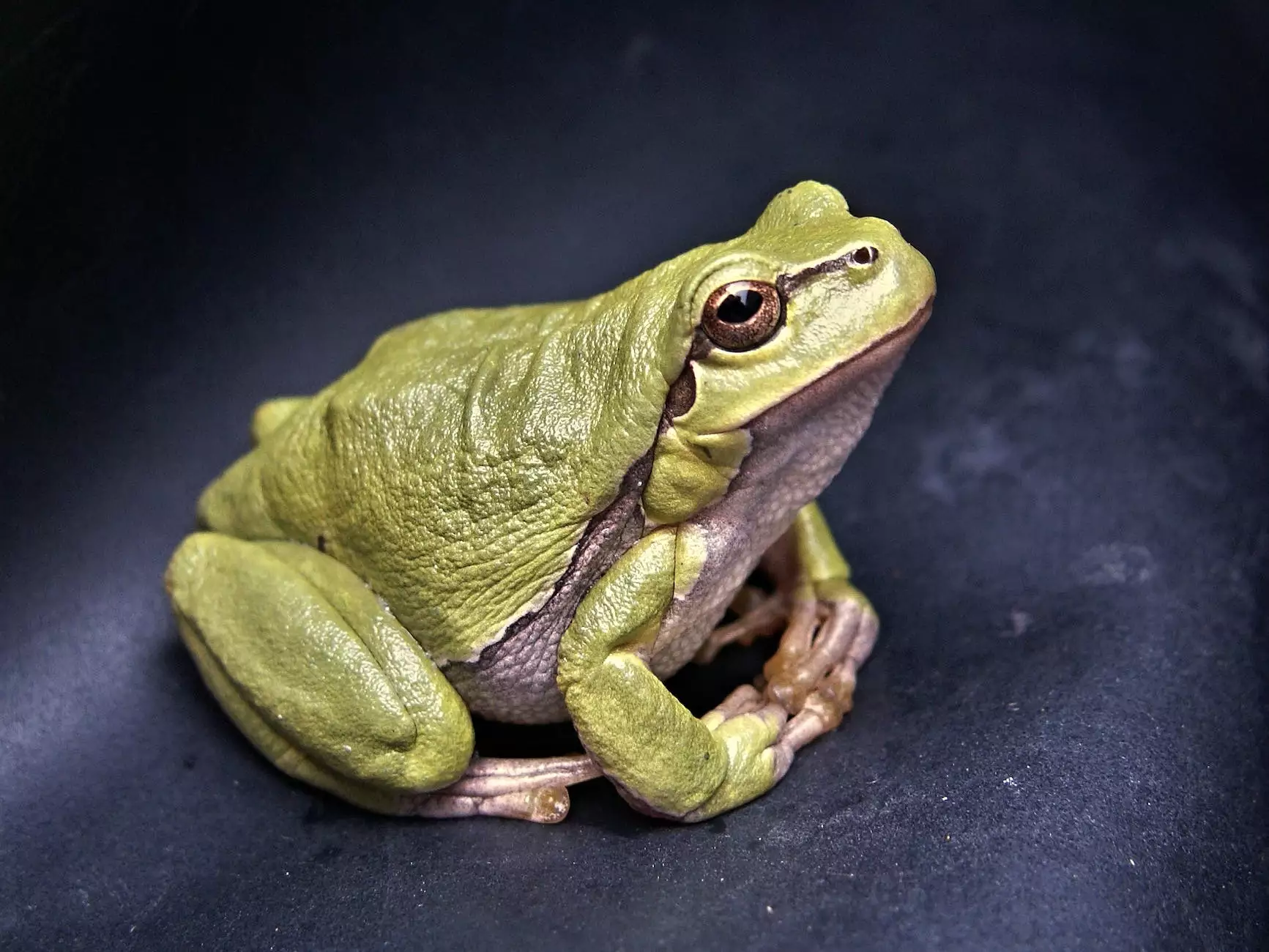10 Tips to Help Students Set Up a Home-Based Science Lab
Learning Opportunities
Welcome to our comprehensive guide on setting up a home-based science lab for students. In this article, we will provide you with 10 essential tips to create a successful and engaging learning environment right in the comfort of your own home. Whether you are a high school student, a parent, or an educator, these tips will help you make the most of your science experiments and discoveries.
TIP 1: Choose the Right Space and Safety Measures
The first step in setting up a home-based science lab is to select an appropriate space. Ideally, you should have a dedicated area where you can conduct experiments without any distractions. Ensure that the area is well-ventilated and has sufficient lighting.
Safety should be a top priority when working with chemicals and various equipment. Make sure to have a fire extinguisher, first aid kit, and safety goggles readily available. Familiarize yourself with the proper handling and disposal procedures for hazardous materials.
TIP 2: Stock Up on Essential Laboratory Equipment
To conduct experiments effectively, you will need a set of essential laboratory equipment. This includes beakers, test tubes, microscopes, pipettes, glass stirring rods, and measuring cylinders. Invest in quality equipment that is both durable and accurate.
TIP 3: Collect Various Chemicals and Substances
Building a collection of chemicals and substances is crucial for scientific exploration. Start with common items such as baking soda, vinegar, salt, and food coloring, and gradually expand your collection to include more complex substances. Remember to store chemicals securely and label them properly to avoid any accidents.
TIP 4: Expand Your Reference Library
Having a variety of reference materials is critical for understanding concepts and conducting experiments effectively. Gather a collection of books, online resources, and scientific journals that cover a wide range of topics.
TIP 5: Create a Schedule and Organize Experiments
Developing a schedule will help you stay organized and make the most of your time in the lab. Plan your experiments in advance and create a timeline for each project. This will ensure that you have enough time to gather the necessary materials and complete each experiment successfully.
TIP 6: Document and Analyze Your Findings
Scientific discoveries are valuable when properly documented and analyzed. Keep a detailed lab notebook to record your procedures, observations, and results. This will allow you to identify patterns, draw conclusions, and track your progress over time.
TIP 7: Seek Guidance and Collaborate
Never hesitate to seek guidance from teachers, mentors, or fellow science enthusiasts. Engaging in discussions and collaborating with others will broaden your knowledge and provide valuable insights. Consider forming study groups or joining online communities to connect with like-minded individuals.
TIP 8: Stay Updated with Current Research and Innovations
Science is constantly evolving, and it's essential to stay updated with the latest research and innovations. Follow credible scientific journals, attend webinars, and participate in science fairs to keep yourself informed about the latest breakthroughs. This will enhance your understanding and help you develop innovative projects.
TIP 9: Foster a Curious and Inquisitive Mindset
An essential aspect of becoming a successful scientist is fostering a curious and inquisitive mindset. Embrace a sense of wonder and ask questions. Encourage experimentation and don't be afraid to challenge existing theories. This mindset will fuel your passion for science and drive you towards new discoveries.
TIP 10: Have Fun and Enjoy the Process
Last but not least, remember to have fun and enjoy the process. Science is all about exploration and discovery. Embrace the challenges, celebrate your successes, and learn from your failures. The journey of science is an exciting and rewarding one, so embrace every moment.
By following these 10 tips, you can create a home-based science lab that fosters learning, creativity, and scientific thinking. Remember, science knows no boundaries, and with the right resources and mindset, you can make remarkable contributions to the world of science right from your home lab!



